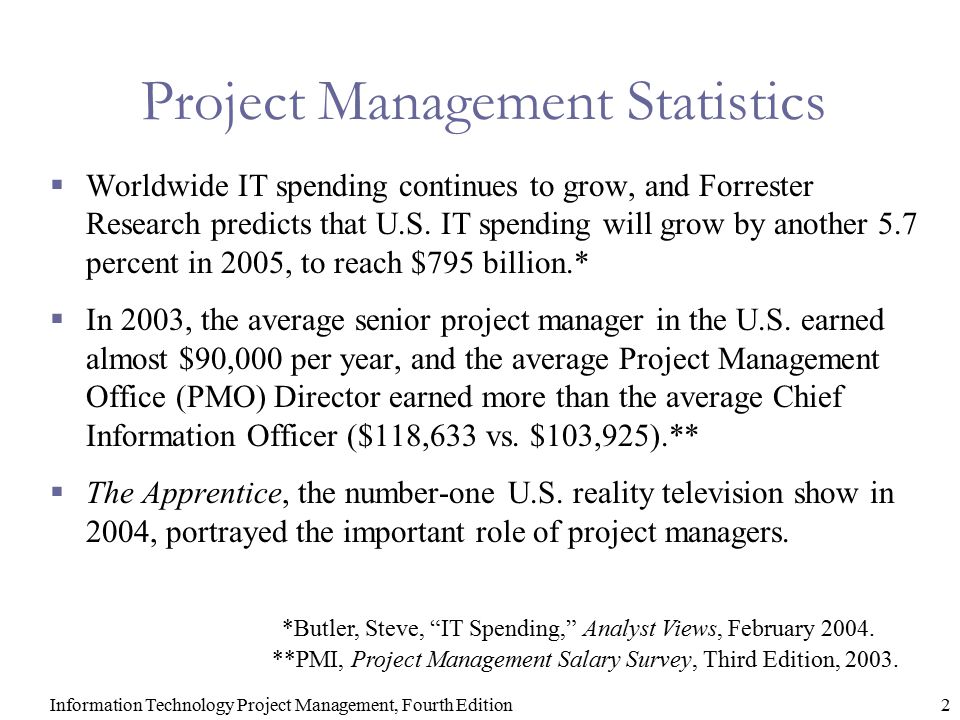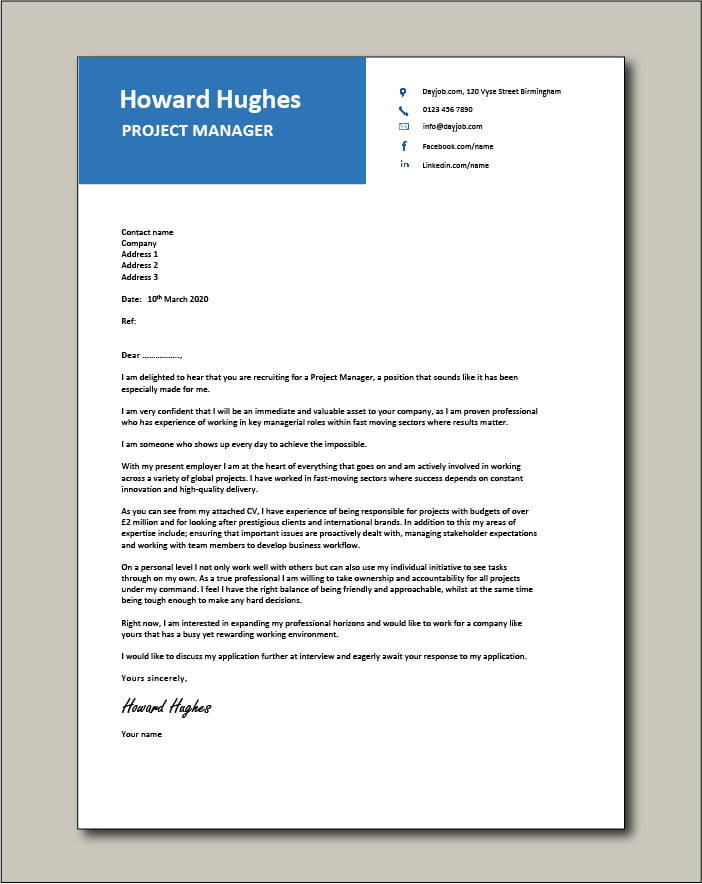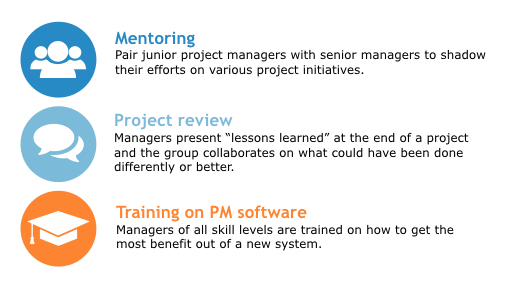

Many of these will be paid for by your employer. Whatever stage in your career you become a project manager, you are likely to be required to pick up an industry qualification, such as PRINCE2, 'Agile' project management and those offered by the Association for Project Management (APM). Other organisations offer apprenticeships in various business-related roles (such as supply chain) that could eventually lead to a project management job. Entry requirements vary, but typically include a minimum of number of GCSEs (or equivalent) and a minimum number of UCAS points. Similarly, a few organisations – particularly in the construction, engineering and manufacturing industries – offer higher or degree apprenticeships in project management. Whether you require a specific degree will vary according to the industry, employer and specific graduate scheme: for example, some engineering and technology organisations will require STEM subjects but many organisations will accept applications from all degree disciplines. However, many employers run project management graduate schemes, in which graduates start out as an ‘assistant project manager’ or a ‘graduate project manager’ in order to learn the ropes of project management. Many project managers get appointed to the role after having worked in that particular industry for a significant period of time, as they have lots of related knowledge and skills to bring to the project. There are routes into the career for experienced professionals, graduates and school leavers alike. However, project management roles can be found most commonly in:Ĭonstruction and built environment companies Salaries for project management jobs can be high, but will vary according to the norms in the specific industry and the project manager’s level of experience.Ī project management function, if not an actual job title, can be found in most organisations across virtually all industries. Project managers typically lead by example, so expect to be working at least the same hours as your staff. Reporting to the client or senior stakeholders on progressĮvaluating the success of the project against its benchmarking and sharing lessons or best practice with other organisations or project managers.ĭepending on the project, responsibilities can cover all aspects of a project from the beginning stages through to completion. Overseeing the accounting, costing and billing Monitoring sub-contractors to ensure guidelines are maintained Recruiting specialists and sub-contractors Using IT or other systems to keep track of people and progress Making sure the quality standards are met Making sure that all the aims of the project are met
How to show senior project manager capabilities professional#
Organising the various professional people working on a project Providing advice on the management of projects



Representing the client's or organisation's interests Project managers oversee the project to ensure the desired result is achieved, the most efficient resources are used and the different interests involved are satisfied. Projects are usually separate to usual day-to-day business activities and require a group of people to work together to achieve a set of specific objectives. Project managers ensure that a project is completed on time and within budget, that the project's objectives are met and that everyone else is doing their job properly. They are employed in a range of industries from IT to construction.


 0 kommentar(er)
0 kommentar(er)
